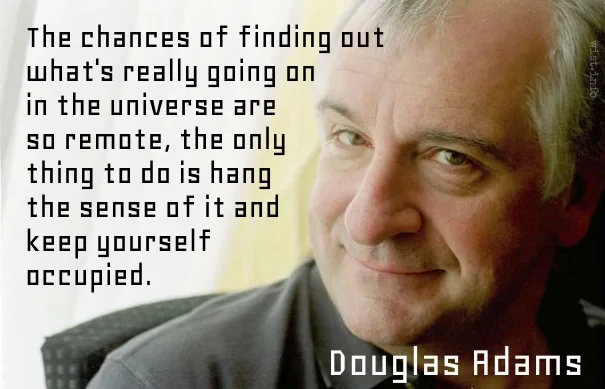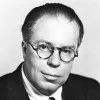IDLENESS, n. A model farm where the devil experiments with seeds of new sins and promotes the growth of untried vices.
Ambrose Bierce (1842-1914?) American writer and journalist
“Idleness,” The Cynic’s Word Book (1906)
(Source)
Included in The Devil's Dictionary (1911). Originally published in the "Devil's Dictionary" column in the San Francisco Wasp (1885-08-29).
Quotations about:
occupation
Note not all quotations have been tagged, so Search may find additional quotes on this topic.
The rich are like beasts of burden, carrying treasure all day, and at the night of death unladen; they carry to their grave only the bruises and marks of their toil.
Augustine of Hippo (354-430) Christian church father, philosopher, saint [b. Aurelius Augustinus]
(Attributed)
I could not find something similar to this in searches of Augustine's writings. The usual earliest citation for this wording is Josiah Hotchkiss Gilbert, ed., Dictionary of Burning Words of Brilliant Writers (1895). But it previously shows up in Edward Payson Tenney, Jubilee Essays: A Plea for the Unselfish Life, "The Retributions" (1862), though again with no original citation.
See, in contrast, Matthew 11:28-30.
One must work, if not out of inclination, at least out of despair. All things considered, work is far less boring than entertaining oneself.
[Il faut travailler, sinon par goût, au moins par désespoir, puisque, tout bien vérifié, travailler est moins ennuyeux que s’amuser.]Charles Baudelaire (1821-1867) French poet, essayist, art critic
Journaux Intimes [Intimate Journals], “Mon cœur mis à nu [My Heart Laid Bare],” § 40 (1864–1867; pub. 1887) [tr. Sieburth (2022)]
(Source)
(Source (French)). Alternate translations:One must work, if not from inclination at least from despair, since, as I have fully proved, to work is less wearisome than to amuse oneself.
[tr. Isherwood (1930)]It is necessary to work, if not from inclination, at least from despair. As it turns out, work is less boring than amusing oneself.
[Source, e.g.]One must work, if not from inclination, at least out of despair -- since it proves, on close examination, that work is less boring than amusing oneself.
[Source, e.g.]
There is nothing like employment, active indispensable employment, for relieving sorrow. Employment, even melancholy, may dispel melancholy, and her occupations were hopeful.
KING : Am I the strongest or am I not?
BECKET: You are, today. But one must never drive one’s enemy to despair. It makes him strong. Gentleness is better politics. It saps virility. A good occupational force must never crush, it must corrupt.Jean Anouilh (1910-1987) French dramatist
Becket, Act 2 (1959) [tr. Hill (1961)
(Source)
The lines remain intact in Edward Anhalt's 1964 screenplay.
You do not play then at whist, sir! Alas, what a sad old age you are preparing for yourself!
[Vous ne jouez donc pas le whist, monsieur? Hélas! quelle triste vieilesse vous vous préparez!]
It is neither wealth nor splendor, but tranquility and occupation, which give happiness.
Thomas Jefferson (1743-1826) American political philosopher, polymath, statesman, US President (1801-09)
Letter (1788-07-12) to Anna Jefferson Marks
(Source)
The salutation is "My dear Sister," and is a congratulations for her marrying Hastings Marks. Some copies, and filings of the letter, make it out to "Anna Scott Marks," her birth name was Anna Scott Jefferson.













